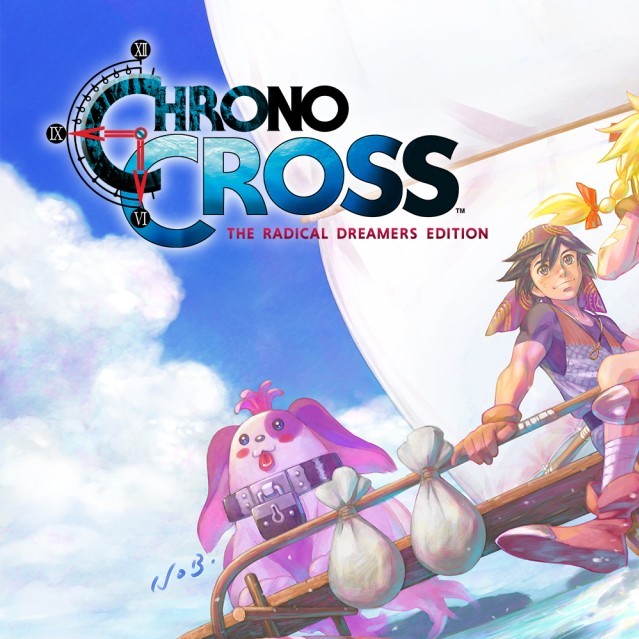Chrono Cross: The Radical Dreamers Edition is a fantastic way to play this divisive sequel
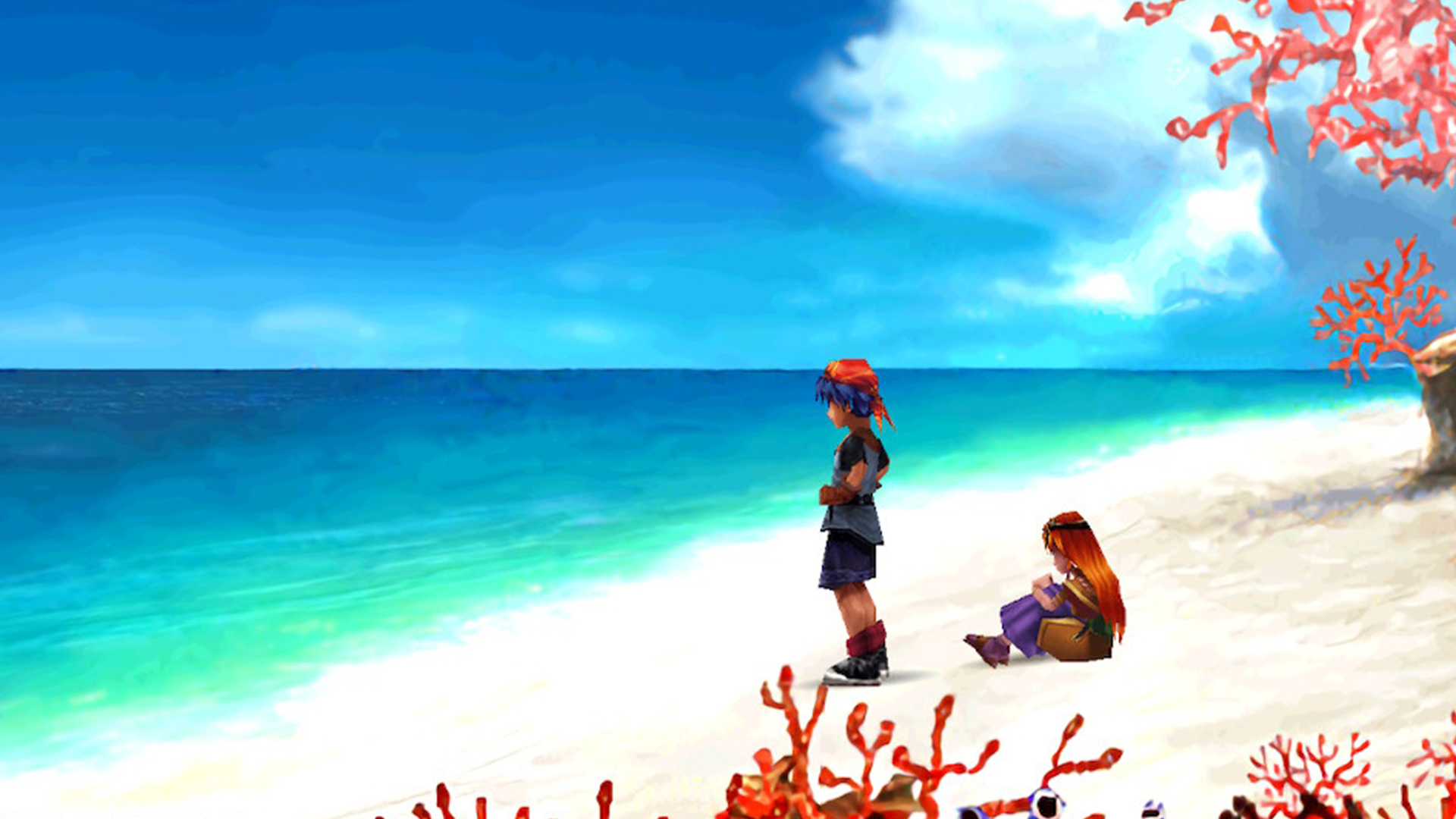
iMore offers spot-on advice and guidance from our team of experts, with decades of Apple device experience to lean on. Learn more with iMore!
You are now subscribed
Your newsletter sign-up was successful
For many legacy video game enthusiasts, Chrono Trigger is considered one of, if not the best, RPGs of all time. With a compelling narrative driven by fantastic characters and towering moral stakes, iconic turn-based combat, and platform-leading pixel art, it's easy to understand why this JRPG from 1995 is so universally beloved. Fans adored the captivating world and charming characters created by Hironobu Sakaguchi, Yuji Horii, and Akira Toriyama couldn't wait to see where the series would go with a sequel.
However, when Squaresoft revealed Chrono Cross, the highly anticipated follow-up to Chrono Trigger, some fans were taken aback by the dramatic departure in art, tone, and combat. The dark medieval-inspired environments from the first game were replaced by bright, tropical locales, and cherished characters like Frog and Lucca were nowhere to be found. With glowing critical reception and diehard adoration from players, a large contingent of the Chrono fandom wasn't overwhelmingly enthused by the decisions to fundamentally alter the experience with Chrono Cross.
Some of this deep-seated resentment from Chrono Trigger purists boiled up again when Square Enix announced the HD remaster of this controversial JRPG called Chrono Cross: The Radical Dreams Edition. When Chrono Cross hit the U.S. in 2000, I genuinely didn't understand the outrage (granted, I was like 9). Upon revisiting this JRPG in 2022, I still don't quite understand it. Chrono Cross is a beautiful, weird game full of dozens of memorable oddball characters. While it's certainly not perfect, The Radical Dreamers Edition has been a fantastic means of revisiting this divisive sequel.
A misunderstood narrative
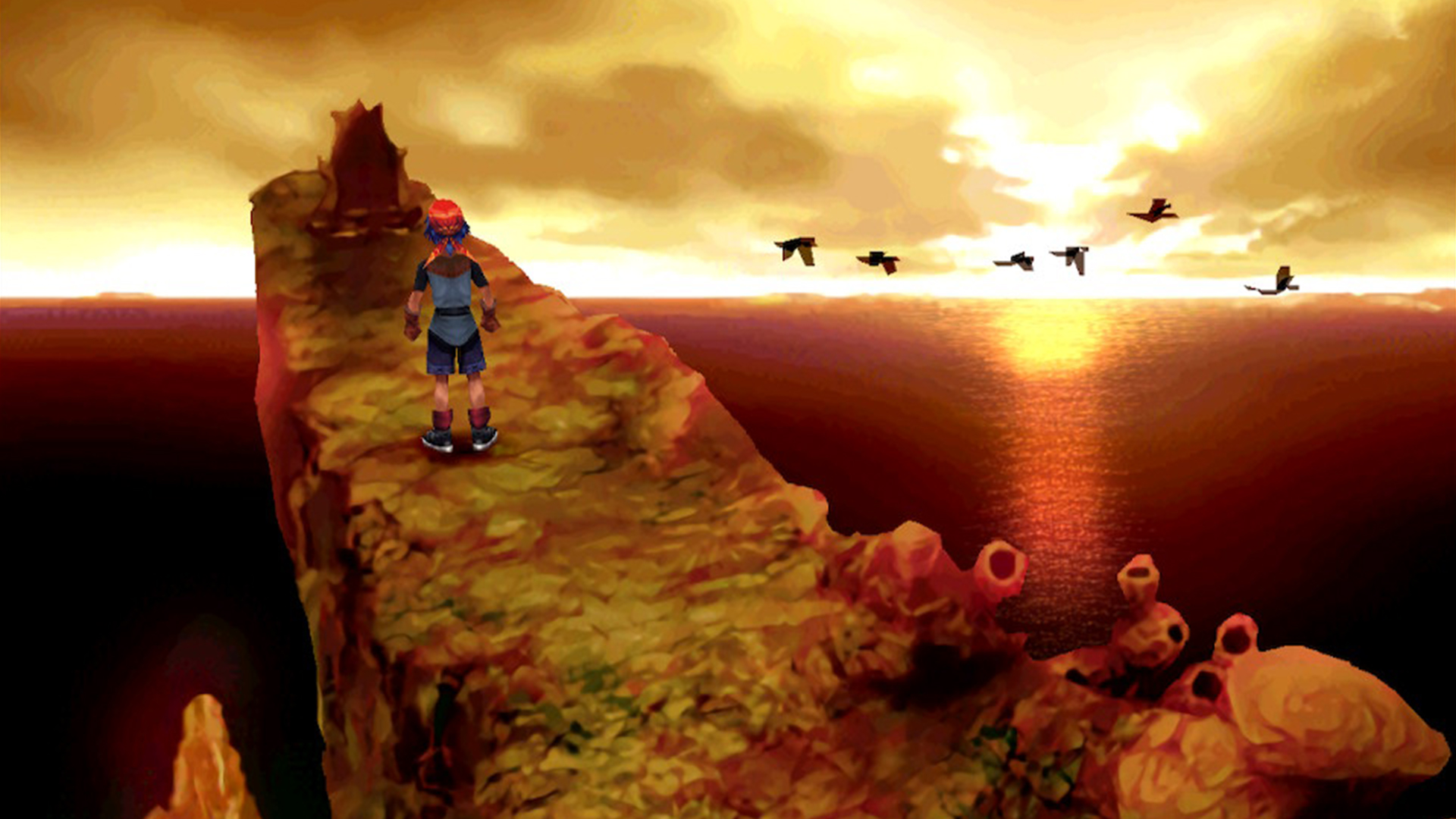
If you ask Chrono Trigger fans why they love the game so much, chances are they'll wax poetic about the fantastic storytelling and dense overarching narrative. This SNES-era RPG cleverly combined elements of traditional high fantasy with complex sci-fi to excellent effect. Focusing on a smaller cast of six playable characters, Chrono Trigger presented a fascinating tale of political intrigue, multi-layered villains, and time travel. There's something undeniably special about how this game portrays its powerful theme of choices, consequences, and the inevitability of time.
In many ways, Chrono Cross artfully respects the primary themes of Chrono Trigger while expanding upon them exponentially. Much like Crono, our silent protagonist Serge serves as our vessel for engaging with this fantastical world. However, instead of a trim assortment of six playable characters, Chrono Cross opts for a wildly more ambitious collection of 40 party members. Needless to say, this enormous roster introduces a complicated web of character dynamics and interconnected stories. I can certainly understand why this approach might be a little jarring for players who enjoyed the comparative simplicity of Chrono Trigger's storytelling.
Chrono Cross is a beautiful story that boldly and triumphantly emphasizes the importance of each and every one of us.
Chrono Trigger's approach to three distinct time periods was innovative and unique for its day. Still, in Chrono Cross, the aspects of time travel are amplified in immense ways. Players are given the freedom to swap between two distinct dimensions, where the events of the past influence the future. Early in the game, players are teleported to Another World, where our protagonist Serge has died. You are then tasked with visiting your own grave in a shockingly morbid scene. From here, the floodgates of time travel, dimensional rifts, and cosmic nonsensery are blown wide open.
On the surface, it might seem like 40 playable characters and expanded themes of alternate dimensions are convoluted and unnecessary, but I ultimately believe this complexity allows Chrono Cross to shine in ways Chrono Trigger couldn't. Poetic dialogue continuously pushes you to question your destiny, decisions, and place in the world. We see firsthand how unfettered industry and corporate interests can permanently destroy our natural resources and how the small things you do in your day-to-day life have critical importance to the people around you. Chrono Cross is a beautiful story that boldly and triumphantly emphasizes the importance of each and every one of us.
iMore offers spot-on advice and guidance from our team of experts, with decades of Apple device experience to lean on. Learn more with iMore!
A polarizing combat system
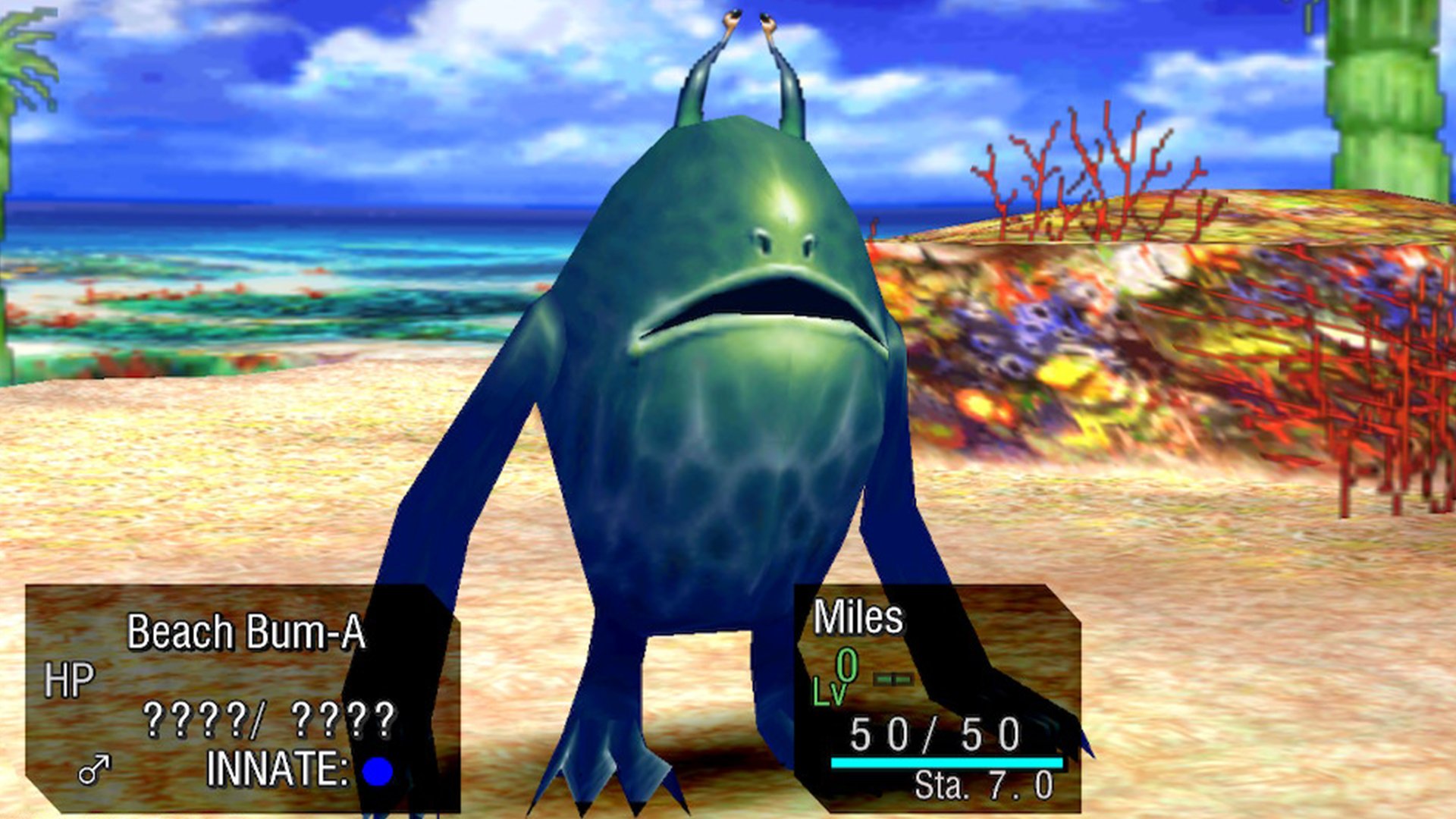
Another noteworthy change critics of Chrono Cross typically point to when airing their grievances revolves around a significantly divergent turn-based battle system. Chrono Trigger features a fairly straightforward battle system that fans of traditional Final Fantasy games were accustomed to. Much like its approach to storytelling, Chrono Cross takes these fundamental ideals and complicates them.
There was a quintessential turn-based battle formula for an extended time that nearly every major JRPG adhered to. While many players, myself included, adored classic turn-based combat in titles like Pokémon, Final Fantasy VI, and Chrono Trigger, heading into a new generation with the launch of PS1 and N64, it was clear that games had to try to evolve these systems. Chrono Cross was a fascinating and absolutely polarizing attempt at disrupting the tropes of turn-based battle systems.
It's evident that this team had tremendous ambitions for this sequel.
Seemingly inspired by the mainstream success of Pokémon, Chrono Cross introduced elemental weaknesses to players and enemies. Players were given specific color-coordinated strengths and weaknesses directly correlated to magic attacks. For example, Red magic, which was typically fire-based, was weak to Blue magic, usually water-based. This same rule applied to other type matchups like White and Black. Combine this elaborate system with consumable elemental items and a stamina system, and you have yourself a combat system that makes Chrono Trigger's look rudimentary.
As the old adage goes, "If it ain't broke, don't fix it." And it's clear this is precisely how a considerable number of Chrono Trigger fans felt about the radical combat transformation offered in Chrono Cross. Whether you support these changes or not, it's evident that this team had tremendous ambitions for this sequel. Sometimes ambitions get clouded by execution, but in the case of Chrono Cross, the growth and evolution of JRPGs over the past two decades has only strengthened the case for its innovative and groundbreaking battle system.
Repackaged for a new audience
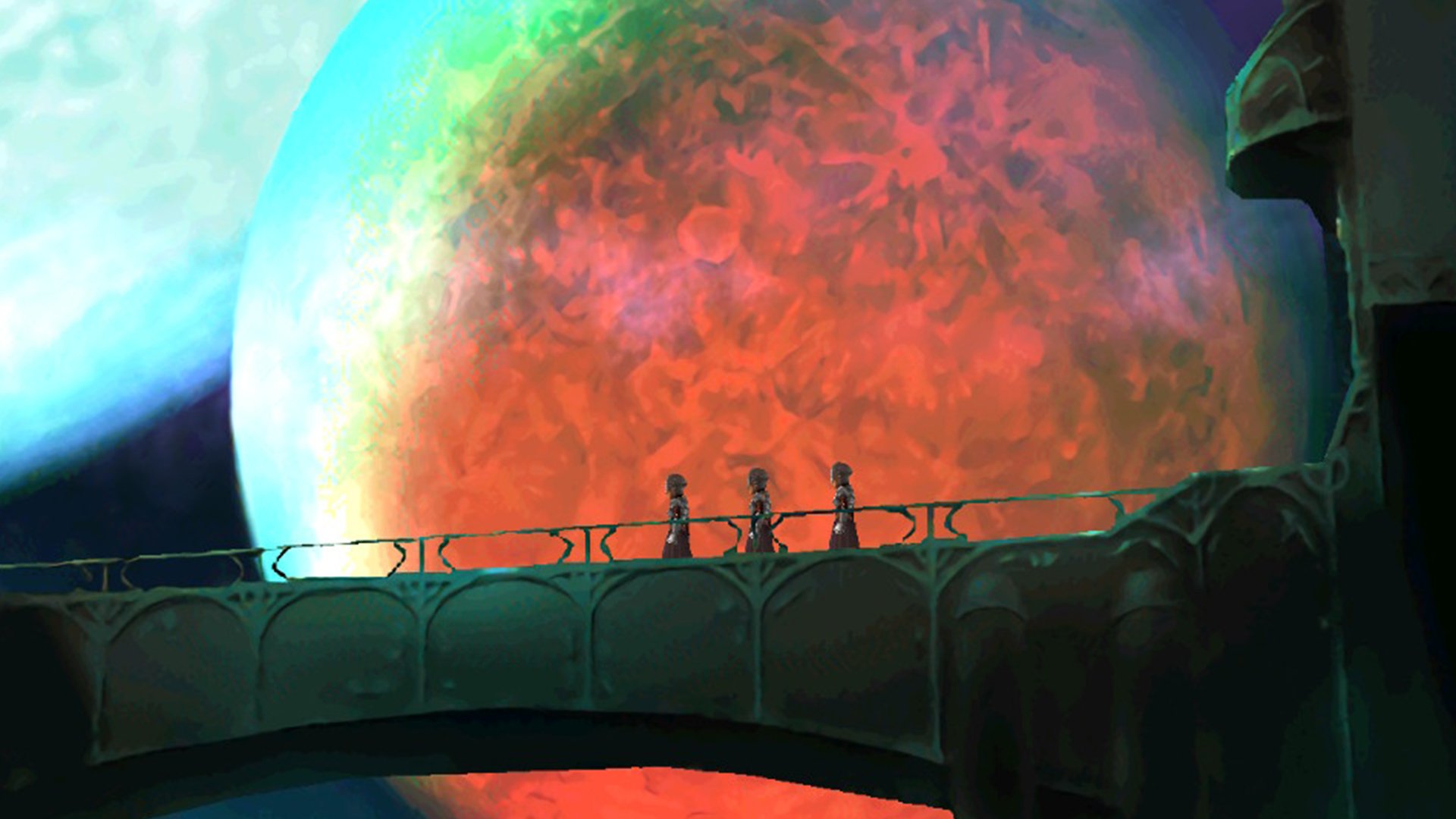
As someone who grew up and fell in love with gaming during the heydays of classic JRPGs, I have incredibly fond memories of titles like Legend of Mana, Chrono Cross, Final Fantasy VIII, and countless more. Unfortunately, from a technical perspective, many of these once-beloved titles suffer from glaring design flaws by today's standards. Despite my substantial collection of retro games and consoles, I rarely find myself revisiting the games I once adored for those exact reasons.
Nothing will ever compete with the grandeur of our nostalgic imaginations, but for the most part, the team did a remarkable job upscaling and enhancing the gorgeous locations of Chrono Cross.
Chrono Cross: Radical Dreamers Edition introduces a suite of desperately needed quality-of-life features that dramatically increase its appeal, especially for players who've never tried this game. With toggles to turn on/off wild enemy encounters, dynamically adjust battle difficulty, and even engage in completely automated battles, it's never been easier to ignore some of the frustrating design choices of the original game. The days of beating your head against arguably unbalanced boss encounters and senseless JRPG grinding are thankfully left in the past here. You can simply make yourself overpowered and enjoy the storytelling.
Despite some extreme opinions online, I'm also a big fan of the overhauled 3D models and updated visuals. Nothing will ever compete with the grandeur of our nostalgic imaginations, but for the most part, the team did a remarkable job upscaling and enhancing the gorgeous locations of Chrono Cross. I constantly admired the stunning vistas on display throughout the game, and it's excellent witnessing these classic visuals reimagined for modern devices. Certain areas definitely look better than others, but there's no denying the refreshed charm of this captivating world.
Should you play Chrono Cross: The Radical Dreamers Edition?
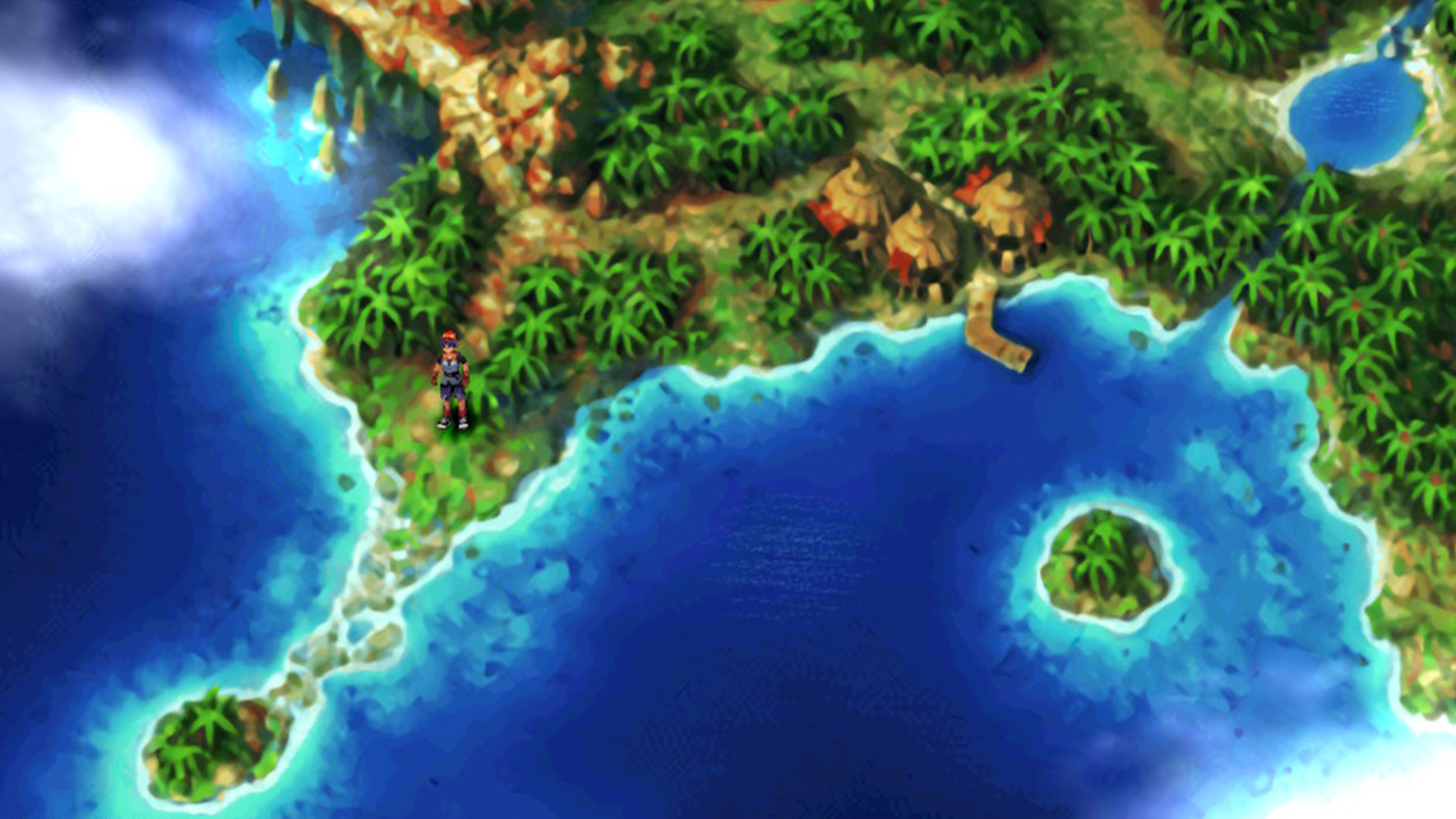
Overall, Chrono Cross: The Radical Dreamers Edition is a massively improved way to revisit this PS1 classic. As this is a remaster versus a complete remake, plenty of glaring flaws are still carried over from the original. Still, the quality-of-life enhancements introduced with this version seriously soften the rough edges. It's also worth noting that the frame rate issues that plagued combat with the PS1 version are still present with The Radical Dreamers Edition, but the option to double the game's speed noticeably remedies this problem.
While I enjoyed Chrono Cross back when it initially launched, I'm definitely enjoying my second experience with the title far more. The complexities of individuals, their motivations, and the often-uncertain human dynamics of these characters is something that admittedly went way over my head as a kid. I'm excited for a new generation of players to dive into this magical world, and hopeful that Chrono Trigger purists will give this divisive sequel another chance to shine. It might not be the best RPG on Switch, but it's totally worth your time.
